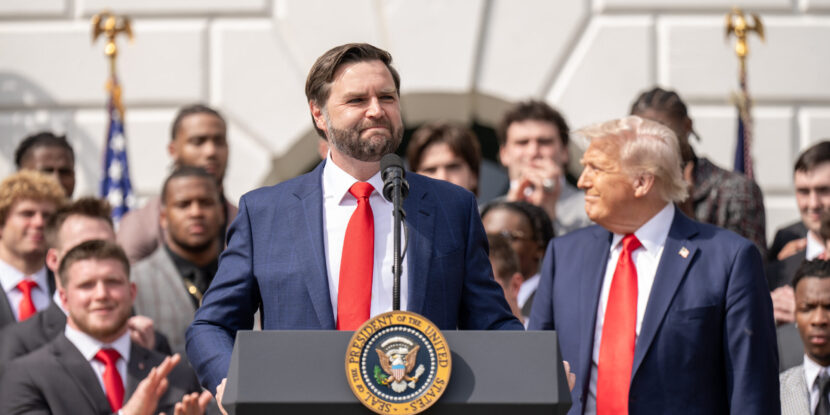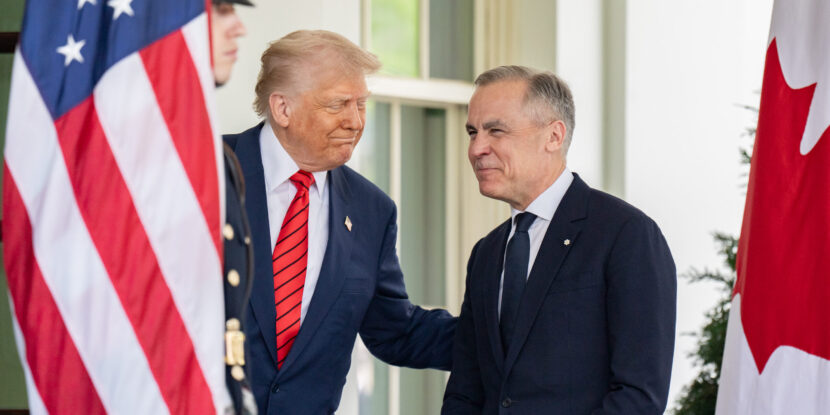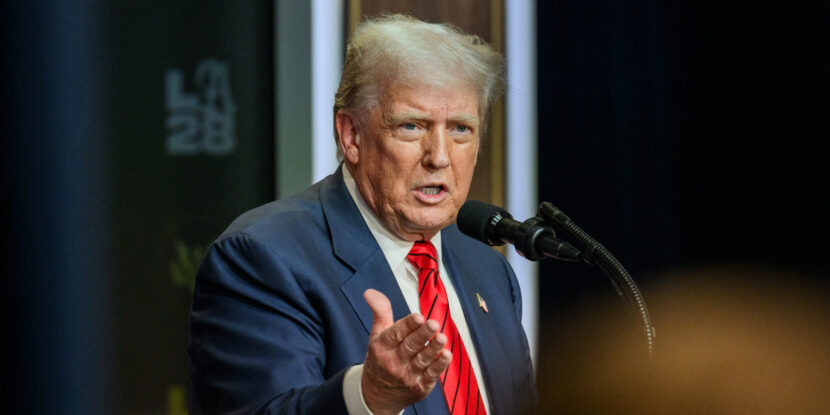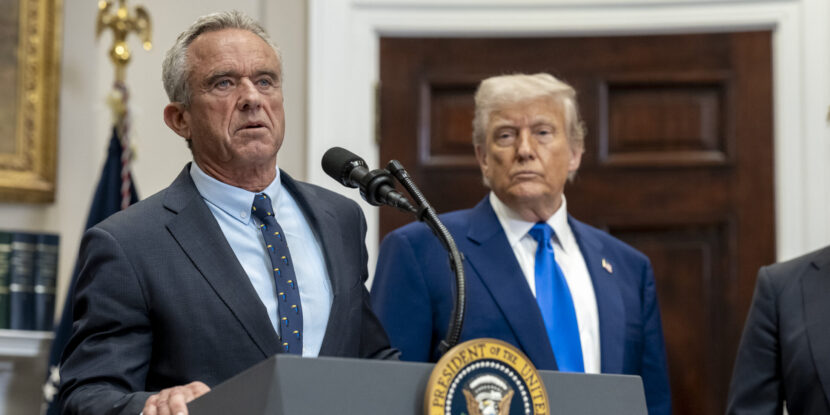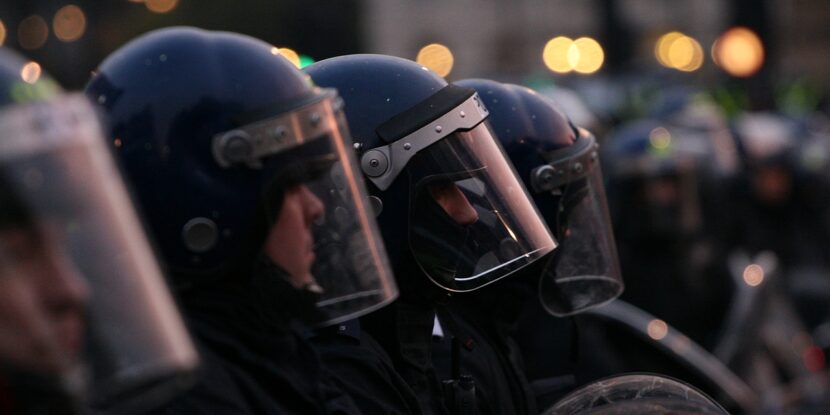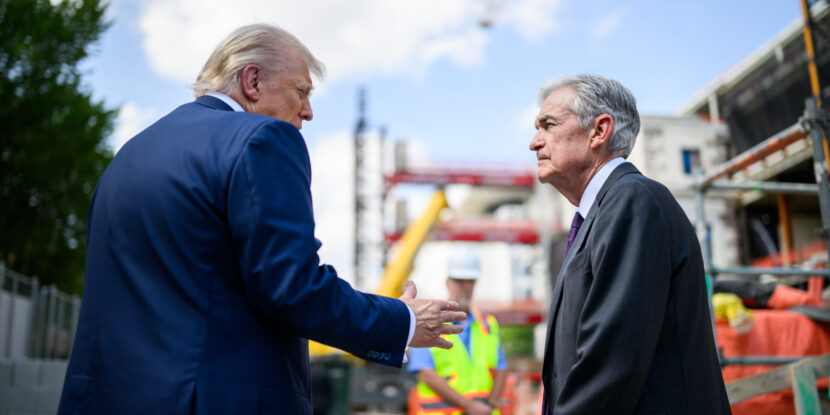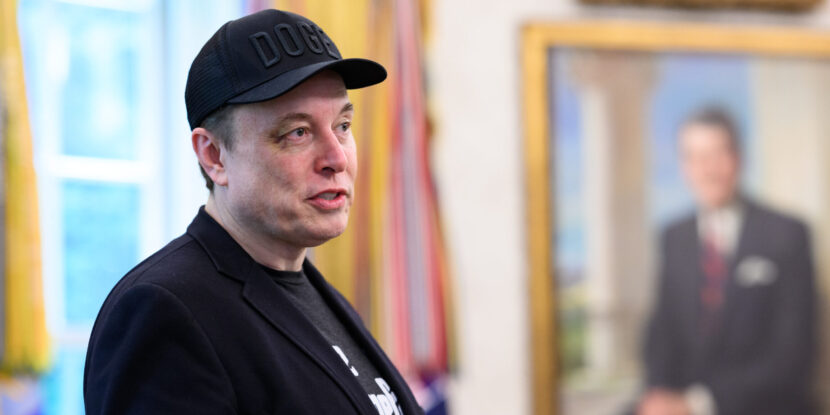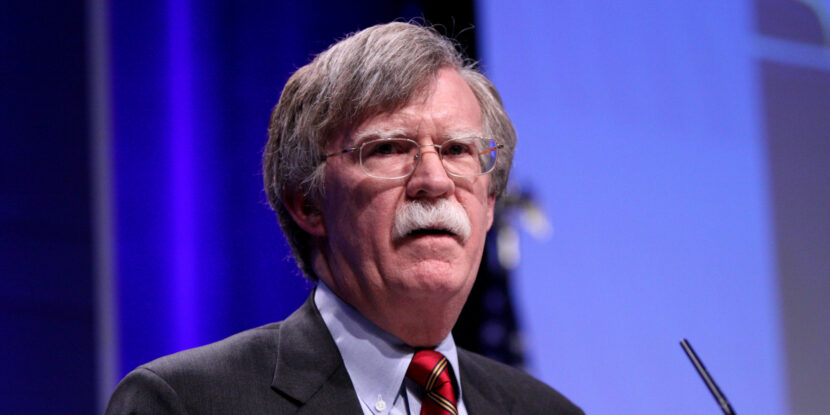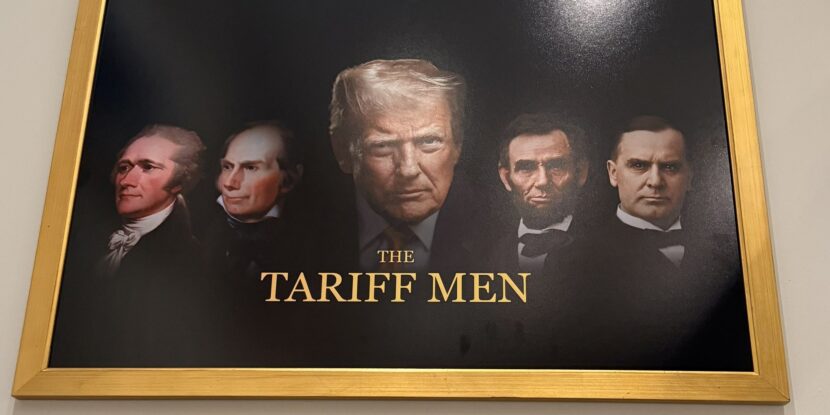❓WHAT HAPPENED: Vice President J.D. Vance played a key role in convincing the British government to drop its demands for Apple to create a “backdoor” to access encrypted user data.
👤WHO WAS INVOLVED: Vice President Vance, Director of National Intelligence (DNI) Tulsi Gabbard, Apple, and the British government.
📍WHEN & WHERE: Negotiations occurred over several months, with a diplomatic visit to the United Kingdom earlier this month.
💬KEY QUOTE: “[T]he UK has agreed to drop its mandate for Apple to provide a ‘back door’ that would have enabled access to the protected encrypted data of American citizens and encroached on our civil liberties.” – Tulsi Gabbard.
🎯IMPACT: The agreement preserves Americans’ privacy rights in the face of ongoing efforts by European governments to effectively globalize their online censorship regimes.
Vice President J.D. Vance “personally” intervened to force Prime Minister Sir Keir Starmer’s government in the United Kingdom to abandon its push for Apple to create a “backdoor” to access encrypted user data. A U.S. official told the media that Vance “was in charge and was personally involved in negotiating a deal, including having direct conversations with the British government.”
In February, reports emerged that the British Home Secretary—roughly equivalent to the U.S. Homeland Security Secretary—had issued a covert order under Britain’s Investigatory Powers Act of 2016, pressuring Apple to weaken iCloud encryption. The Vance-brokered agreement “ensure[s] Americans’ private data remains private and our constitutional rights and civil liberties are protected,” according to Director of National Intelligence Tulsi Gabbard.
Vance has often used his position as Vice President to push back against the growing censorship apparatus across Europe, particularly in areas where it attempts to encroach on Americans’ free speech rights. Earlier this year at the Munich Security Conference in Germany, Vance warned: “Europe faces many challenges, but the crisis this continent faces right now, the crisis I believe we all face together, is one of our own making. If you’re running in fear of your own voters, there is nothing America can do for you. Nor, for that matter, is there anything that you can do for the American people who elected me and elected President Trump.”
Elsewhere, the Vice President has tied his concerns over censorship in Europe to the continent’s ongoing reliance on America for its defense, cautioning: “Think about this: Germany’s entire defense is subsidized by the American taxpayer. There are thousands upon thousands of American troops in Germany today. Do you think that the American taxpayer is going to stand for that if you get thrown in jail in Germany for posting a mean tweet?”
Restrictions on free speech in the United Kingdom, specifically, are facing increasing U.S. scrutiny under the Trump-Vance administration, with the U.S. State Department’s latest human rights report highlighting credible evidence of curbs on free expression. The report flagged Britain’s new Online Safety Act, which grants British regulators expanded powers to monitor and censor online content, including on U.S.-based platforms with British users, as particularly problematic.
Join Pulse+ to comment below, and receive exclusive e-mail analyses.
